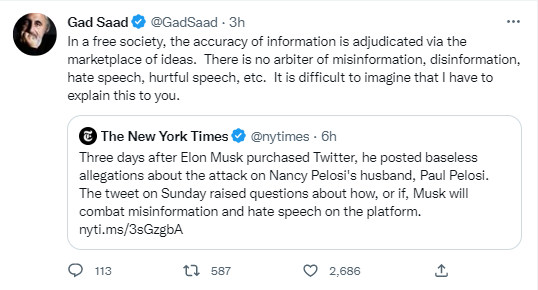The Most Important Thing You’ll Discover in Your Journal
Have you kept a journal for a long time? I wrote a lot in my pen & ink journal for decades. I'm now 66, and looking back, there are two things that are rather stunning:
1. There are some things that seemed very important to me back when I wrote about them, but I don't remember them at all. That amazes me, because I wrote about a person or event in some detail. If you had asked me back then whether I would always remember that person or event I would have quickly responded "yes." It doesn't happen all the time. For most things, my journal revives a memory that is still in my brain intact or it offers me details that I don't remember, even though I have some memory.
2. I have changed a LOT over the years. Some of my observations about the world, the things I believed with certitude, have changed dramatically. In fact, some of my journal writings are cringe-worthy, making me wonder "How could I have been so certain about that when it is clearly so untrue?" If I time travelled back to 1980, for instance, my 1980 self might even bristle about some of the things that I now believe. That is the nature of "truth." It is always evolving, even in ourselves. It is a constant work in progress, even in ourselves, no matter how hard we try to get things right and no matter how sure we are about things. Certitude is only an emotion and it very often misleads us. These observations are critically important to me--they some of the reasons that I am so much opposed to censorship. Truth constantly evolves in all of us and we need each other because all of us, some of the time, fall off the tracks and need course correction. No one has ever had it right all along. In short, no one is equipped to declare the "truth" for the rest of us. To believe that would be supremely ignorant. We need free speech, including wide-open speech that can seem offensive and even odious, to test each other, so that we can make figure things out. And the only option to being for free speech is to be pro-censorship. The only option to free speech is to be authoritarian, to relish in the arrogant and narcissistic exercise of power over others. I trust absolutely no one to be the censor of others, not even myself. Truth-seeking is not possible in the non-stop society-wide churning of ideas over time.

